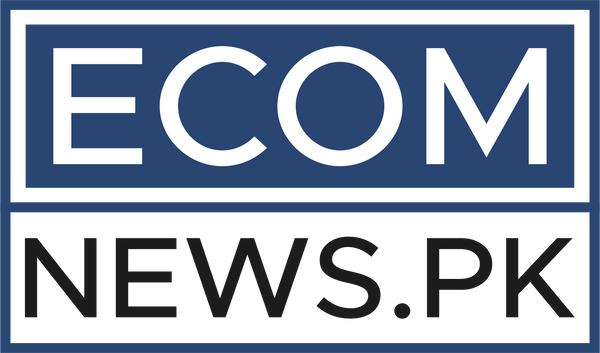
Govt Imposes 40% Tariff on Used Car Imports Amid IMF Commitments
Islamabad, August 26, 2025 — In a major policy shift, the government has announced a 40% tariff on commercial imports of used vehicles, effective September 2025, as part of its commitments under the $7 billion IMF bailout programme. The move aims to protect Pakistan’s local auto industry while gradually liberalizing the sector.
🔒 Key Restrictions & Tariffs
• Accidental and low-quality used cars will be banned from entry.
• A 40% tariff will apply to commercial imports of used vehicles up to five years old.
• Existing import schemes (transfer of residence, baggage, gift) remain under review.
📉 No Immediate Relief for Consumers
Despite the opening of imports, consumers are unlikely to see price drops. Local assemblers argue that government taxation already accounts for 30% to 61% of a vehicle’s retail price, keeping cars unaffordable.
📊 IMF-Driven Tariff Roadmap
The government will gradually reduce the 40% tariff to zero by 2029, allowing imports of six- to eight-year-old vehicles. Environmental standards will be introduced to mitigate risks.
Meanwhile, Pakistan is obligated to cut its average tariff rate from 20.2% to 9.7% over five years: | Fiscal Year | Avg. Tariff Target | Key Reductions | |-------------|--------------------|----------------| | FY26 | 15.7% | Customs Duty: 11.2%, ACD: 1.8%, RD: 2.7% |
All additional customs duties will be phased out in four years, regulatory duties in five, and exemptions eliminated within the same timeframe. The new structure will feature just four slabs, with a maximum rate of 15%.
🏭 Industry Pushback
Local auto bodies PAMA and PAAPAM have launched lobbying efforts against the IMF-driven liberalization, warning it could destabilize domestic manufacturing. Protections under the current Auto Policy, including customs duties up to 35%, will begin phasing out from July 1, 2026.
⚖️ A Delicate Balancing Act
Analysts say the government is walking a tightrope between IMF conditionalities and local industry pressure, leaving consumers in limbo. For now, the combination of import bans and steep tariffs means car prices will remain high






